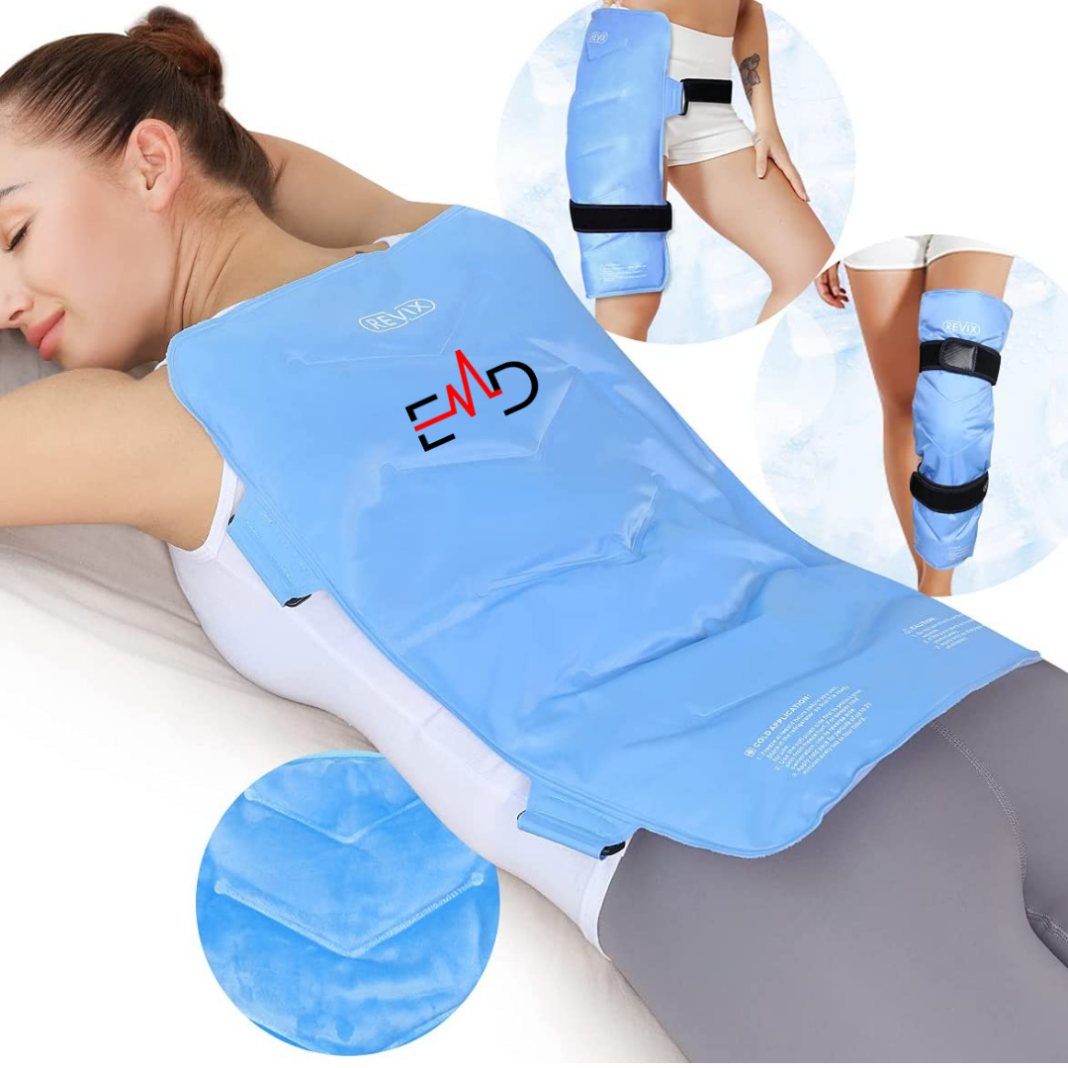Exercise Daily – Joint inflammation can be a major concern for sportsmen, as it can lead to pain, stiffness, and reduced mobility. One factor that has been debated is the role of alcohol in causing joint inflammation. This article will examine the science behind various amounts of alcohol and joint inflammation, its impact on athletic performance, the potential health benefits of drinking, and ways to prevent and manage alcohol-related joint inflammation.
As a sportsman, you know the importance of taking care of your body to avoid injury and maintain optimal performance. However, when it comes to alcohol consumption, many athletes are left wondering whether their post-game drinks could be contributing to joint inflammation.
In this comprehensive guide, we’ll explore the effects of different types of moderate amounts of alcohol on the body and how they can lead to joint inflammation. We’ll also provide tips for prevention and treatment so that you can continue pursuing your athletic goals with confidence!
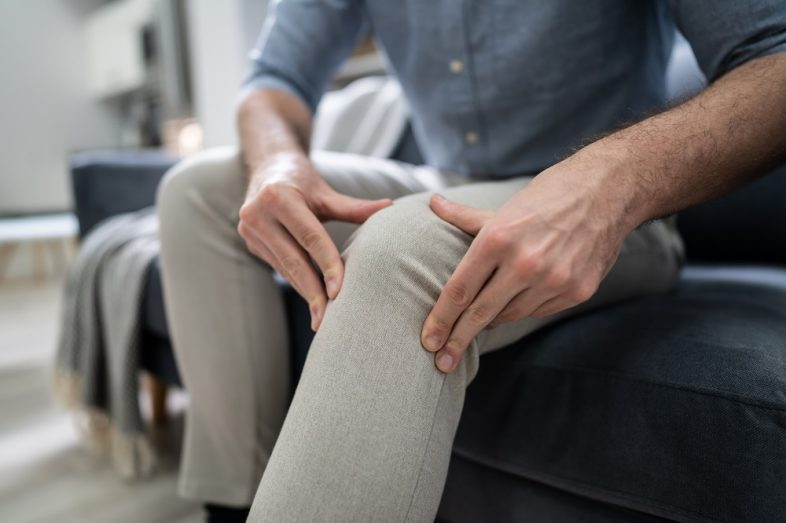
The Science Behind Alcohol and Joint Inflammation
Understanding the relationship between alcohol use and joint inflammation requires further research studies looking at how drinking alcohol affects the body and its inflammatory response.
How Alcohol Affects the Body
Alcohol consumption can have a range of effects on the body, including the risk of liver damage, the stomach bleeding brain, and the immune central nervous system. In the context of joint inflammation, the impact of alcohol on the immune system is especially significant.
Alcohol and Inflammatory Response
When too much alcohol is consumed, it can trigger an inflammatory response in the body. This is because drinking alcohol increases the production of pro-inflammatory cytokines, which are small proteins that contribute to inflammation. This can lead to swelling and discomfort in the joints, particularly in individuals who are prone to joint inflammation or have pre-existing joint conditions.
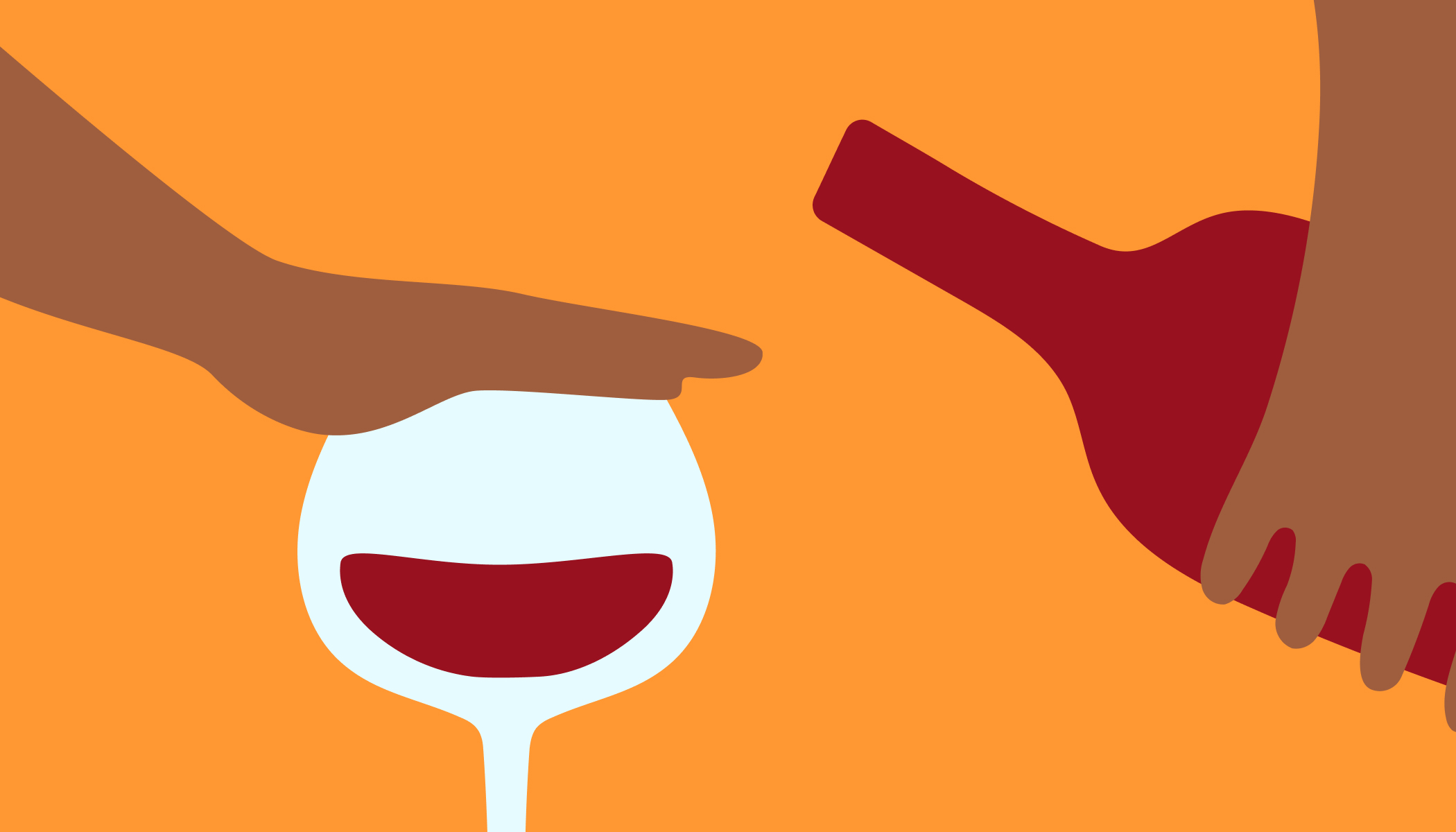
Alcohol Consumption and Joint Health for Sportsman
For sportsmen, the relationship between their alcohol use and joint health is particularly important. Here, we explore how chronic alcohol use can affect athletic performance and recovery.
The Impact of Alcohol on Athletic Performance
Alcohol consumption can negatively impact athletic performance in various ways, with the risk of serious problems including dehydration, reduced reaction times, and impaired coordination. Additionally, the inflammatory response triggered by alcohol abuse can exacerbate joint pain and discomfort, further hindering an athlete’s performance.
Alcohol and Recovery for Athletes
Alcohol can also affect an athlete’s recovery after exercise. The increased risk of inflammation from alcohol can slow down the healing process, making it more difficult for the body to repair damaged tissues and joints. This can lead to longer recovery times and a higher risk of injury.

Prevention and Management of Alcohol-Related Joint Inflammation
Sportsmen concerned about the impact of alcohol on their joint health can take several steps to prevent and manage arthritis symptoms and both the effects of alcohol and arthritis-related joint inflammation.
Avoid or Minimize Alcohol Consumption
One of the most effective ways to prevent alcohol-related joint inflammation is to monitor and moderate alcohol consumption. Limiting alcohol intake can help reduce the various risk factors and symptoms of chronic inflammation, and its negative effects on joint health and athletic performance.
Adopt a Balanced Diet
Eating a balanced diet rich in anti-inflammatory foods can less inflammatory arthritis pain and also help counteract the inflammatory effects of alcohol. Incorporating foods like fatty fish, fruits, vegetables, nuts, and whole grains into the diet can provide essential nutrients that support joint health and reduce inflammation.
Exercise Daily
Engaging in regular exercise and stretching can help maintain joint flexibility and strength. This is particularly important for athletes who want to prevent joint inflammation and support their athletic performance. Additionally, exercise can help flush out inflammatory byproducts and promote overall health.
Stay Hydrated
Staying hydrated is essential for maintaining joint health and preventing the negative effects of alcohol consumption. Drinking water helps lubricate the joints and flush out toxins, including those produced by the liver during alcohol metabolism. Athletes should aim to drink adequate amounts of water throughout the day, especially when drinking or consuming small amounts of alcohol.
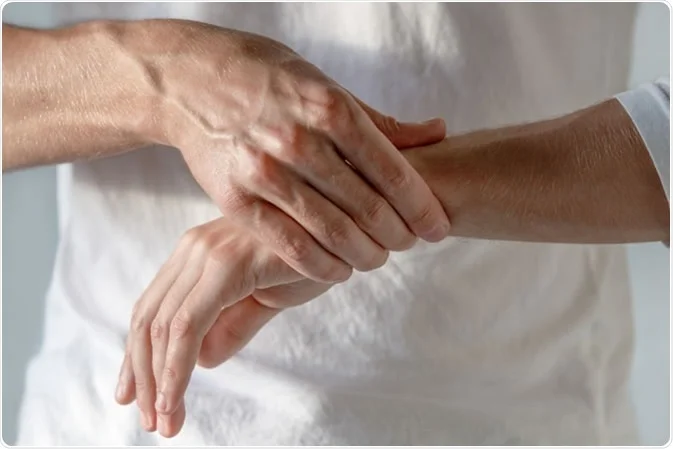
Alternative Methods to Relieve Joint Inflammation
In addition to the preventive measures mentioned above, there are many medications that are alternative methods for managing and relieving joint inflammation.
Over-the-Counter Anti-Inflammatory Medications
Non-steroidal anti-inflammatory drugs (NSAIDs) like ibuprofen and naproxen can provide temporary relief for joint pain and inflammation caused by alcohol consumption. However, these medications should be used with caution, as they can cause side effects and interact with other medications.
Natural Remedies for Joint Inflammation
Some natural remedies may help alleviate joint inflammation, such as applying ice packs, using heat therapy, or trying supplements like turmeric or omega-3 fatty acids. While these remedies can provide relief, it is essential to consult with a healthcare professional before using any alternative treatments, especially for athletes who may have specific medical conditions or health concerns.
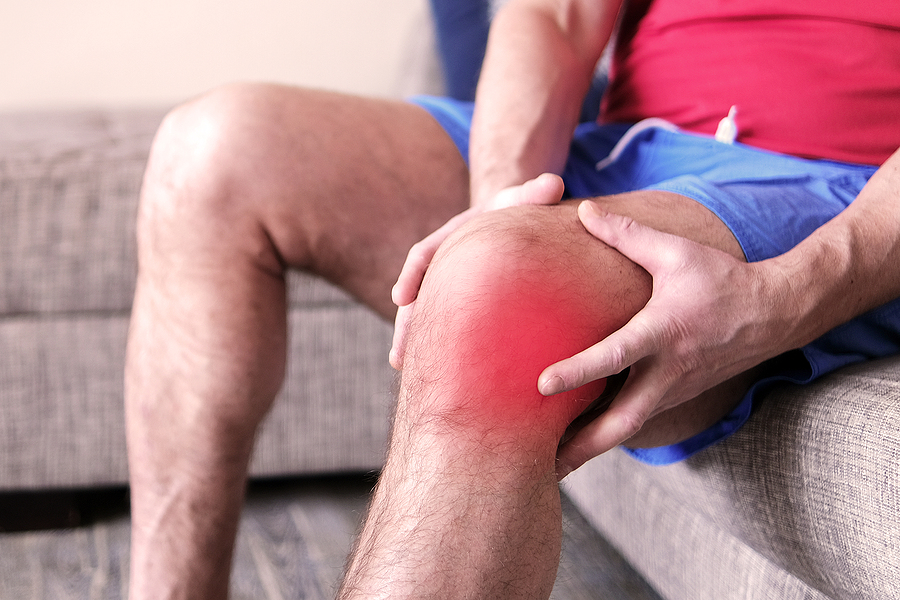
Conclusion
Alcohol consumption can indeed cause joint inflammation, impacting sportsmen’s performance and recovery. To minimize these effects, athletes should monitor their alcohol intake, maintain a balanced diet, exercise regularly, and stay hydrated.
Additionally, seeking alternative methods to relieve any joint pain and inflammation, like over-the-counter medications or natural remedies, can also help manage symptoms. By taking these steps, sportsmen can better protect their joint health and maintain their athletic performance.
FAQs – Does Alcohol Cause Joint Inflammation
Can alcohol consumption cause joint inflammation in everyone, or only in athletes?
While this article focuses on sportsmen, alcohol consumption can cause joint inflammation in anyone. However, athletes may experience more significant impacts on their performance and recovery. It is due to how drinking affects their immune system and the additional physical demands of their activities.
How much alcohol is considered safe for athletes?
There is no one-size-fits-all answer drink alcohol, as individual tolerance and responses to alcohol can vary. Athletes should be mindful of their alcohol consumption and consider limiting their intake to prevent negative effects on their performance, sleep quality, recovery, and joint health.
Can I still consume alcohol if I have a pre-existing joint condition?
Individuals with pre-existing joint conditions or rheumatoid arthritis should consult their healthcare provider before consuming alcohol. Alcohol can exacerbate inflammation and arthritis and may worsen joint pain and discomfort.
Do all types of alcohol have the same effect on joint inflammation?
While all types of alcohol can trigger an inflammatory response. Some studies suggest that moderate red wine consumption may have a less severe impact on heart disease due to its antioxidant properties. However, more research is needed to confirm these findings, and moderation and moderate drinking are still essential.
Are there any specific exercises that can help reduce joint inflammation?
Low-impact exercises, such as swimming, cycling, and yoga, can help maintain joint health without causing additional stress on the joints. Stretching and strengthening exercises can also help support joint function and reduce inflammation.


